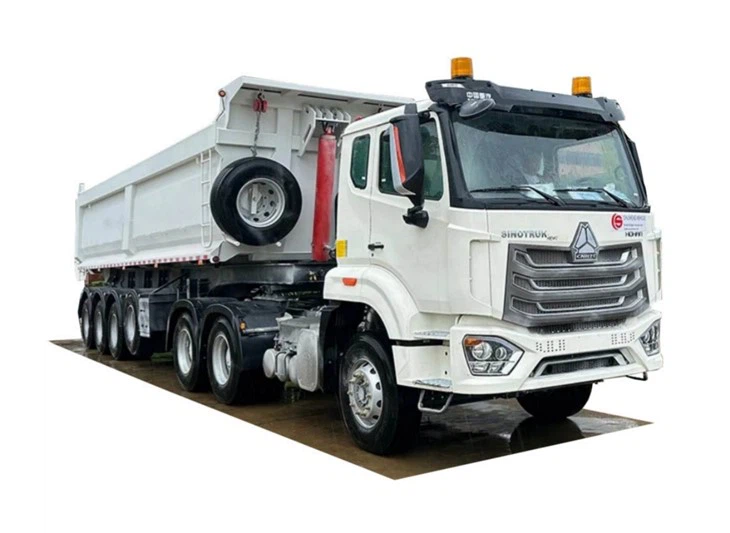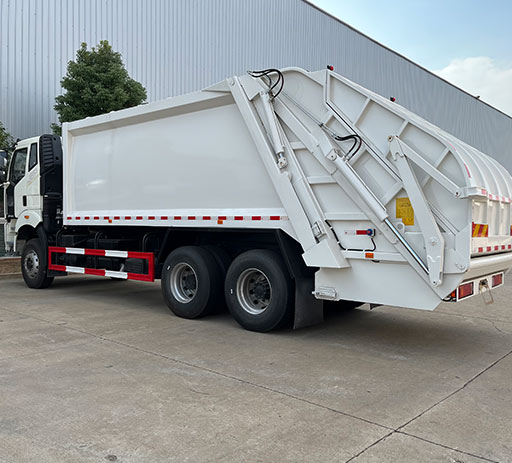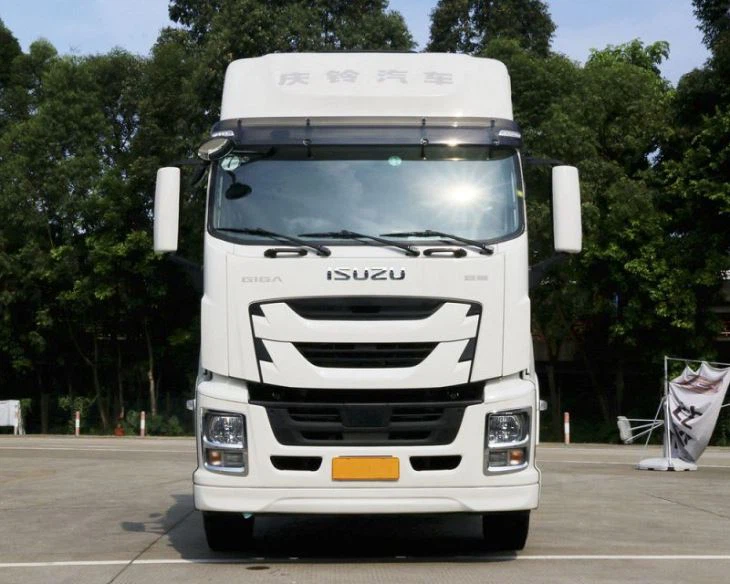Understanding Garbage Pickup Trucks: A Comprehensive Guide

Introduction
The garbage pickup truck is an essential component of waste management systems worldwide. These vehicles play a crucial role in maintaining cleanliness and hygiene in our communities by collecting and transporting waste to disposal or recycling sites. In this article, we will delve into the various aspects of garbage pickup trucks, including their types, functions, equipment, operational procedures, and tips for choosing the right vehicle for your waste management needs.
The Importance of Garbage Pickup Trucks
Garbage pickup trucks are vital for several reasons:
- Public Health: They help prevent the spread of diseases by ensuring timely waste disposal.
- Environmental Protection: They facilitate recycling and proper waste management, reducing landfill waste.
- Community Aesthetics: Clean neighborhoods contribute to residents’ quality of life and property values.
Types of Garbage Pickup Trucks
There are several types of garbage pickup trucks, each designed for specific waste collection needs. Below are some common types:
1. Rear Loader Garbage Trucks
These trucks have a rear loading design, allowing operators to load waste from the back. They are often used for residential garbage collection.
2. Front Loader Garbage Trucks
Front loader trucks are equipped with a hydraulic lifting system to pick up large dumpsters. They are commonly used in commercial garbage collection.
3. Side Loader Garbage Trucks
These trucks feature a mechanism that allows them to pick up waste bins from the side. This design is efficient for neighborhoods with narrow streets.
4. Automated Garbage Trucks
Automated trucks use robotic arms to lift and empty bins without requiring manual labor. This technology improves efficiency and safety.
5. Roll-Off Trucks
Roll-off trucks are used for large waste containers that can be rolled on and off the truck bed. They are ideal for construction and demolition sites.
Key Equipment Used in Garbage Pickup Trucks
A garbage pickup truck is equipped with various tools and technologies to optimize waste collection. Here are some essential pieces of equipment:
1. Hydraulic Lifting Systems
These systems enable the truck to lift heavy bins effortlessly, making it easier to collect waste quickly.
2. Compactors

Compactors compress the collected waste, allowing more material to be stored within the truck, leading to fewer trips to disposal facilities.
3. GPS Tracking Systems
GPS systems help monitor routes and optimize collection schedules, reducing fuel consumption and improving efficiency.
4. Cameras and Sensors
Advanced cameras and sensors enhance safety by preventing accidents during waste collection operations.
Operational Procedures for Garbage Pickup Trucks
Effective waste management relies on strict operational procedures to ensure efficiency and safety. Here are some key steps involved:
1. Route Planning
Proper planning minimizes travel time and fuel costs. Garbage pickup trucks need to follow designated routes that maximize efficiency.
2. Safety Protocols
Operators must adhere to safety regulations, such as wearing protective gear, following traffic rules, and being vigilant about pedestrians.
3. Waste Collection Techniques
Using the appropriate collection technique based on the truck type is crucial. For instance, rear loaders require manual bin lifting, while automated systems rely on robotic mechanisms.
4. Maintenance and Inspection
Regular maintenance checks and inspections are vital to ensure the truck’s safety and functionality. Key areas to inspect include brakes, hydraulic systems, and compaction units.

Tips for Choosing the Right Garbage Pickup Truck
Selecting the appropriate garbage pickup truck involves considering several factors:
1. Waste Collection Needs
Assess the volume and type of waste you will collect. This helps determine whether a rear loader, front loader, or automated truck is appropriate.
2. Budget Considerations
Factor in your budget for purchase or leasing. Consider both initial costs and long-term operational expenses, including fuel and maintenance.
3. Environmental Impact
Consider eco-friendly models that minimize emissions and support a sustainable waste management system. Alternative fuel options, such as electric or hybrid, may be beneficial.
4. Manufacturer Reputation
Research manufacturers known for high-quality trucks and customer service. Check customer reviews and industry ratings to ensure reliability.
Practical Examples of Garbage Pickup Trucks in Use
To understand the role of garbage pickup trucks better, let’s look at some real-life examples:
1. City of San Francisco’s Zero Waste Initiative
San Francisco has implemented automated garbage trucks to promote recycling and composting. The initiative aims for zero waste by 2030.
2. The City of New York’s Front Loader Trucks
The New York City Department of Sanitation utilizes front loader trucks in commercial zones to efficiently manage high volumes of waste.
3. Seattle’s Curbside Recycling Program
Seattle employs side loader garbage trucks for its curbside recycling program, improving the efficiency of sorting and collection.
Frequently Asked Questions (FAQ)

1. How often do garbage trucks pick up waste?
The frequency of garbage pickup depends on the city or municipality regulations. Many neighborhoods have weekly or bi-weekly pickups.
2. What happens to the waste collected by garbage trucks?
Once collected, waste is taken to transfer stations, where it is sorted, processed, and then sent to landfills, recycling facilities, or treatment centers.
3. Are there environmentally friendly garbage trucks?
Yes, many manufacturers produce environmentally friendly garbage trucks that use alternative fuels, such as compressed natural gas (CNG) or electricity.
4. Can garbage pickup trucks handle all types of waste?
Garbage pickup trucks are designed for general waste collection. However, hazardous materials or large items often require specialized vehicles and equipment.
5. How do cities fund garbage trucks and waste management services?
Most cities fund garbage pickup services through property taxes, waste management fees, and general city budgets allocated for public services.
6. What should I do if my garbage was not collected?
If your garbage is not collected on schedule, contact your local waste management service or municipal office for assistance. They can provide information on missed pickups or rescheduling.
The Future of Garbage Pickup Trucks
The evolution of garbage pickup trucks is ongoing, with advancements in technology leading to more efficient and eco-friendly designs. Future innovations may incorporate AI and real-time data analysis to predict waste patterns, further optimizing collection efforts.
Conclusion
Garbage pickup trucks are more than just vehicles; they are the backbone of effective waste management systems. Understanding their various types, operational procedures, and the importance of choosing the right truck can significantly enhance waste collection efforts. With ongoing technological advancements and a growing emphasis on environmental responsibility, the future of garbage pickup trucks looks promising.
